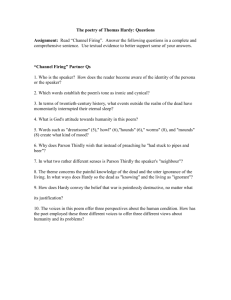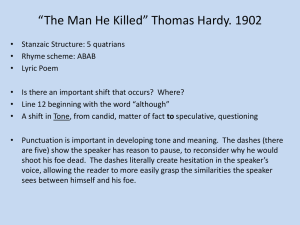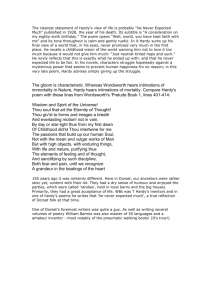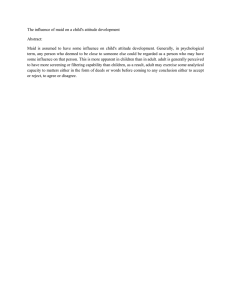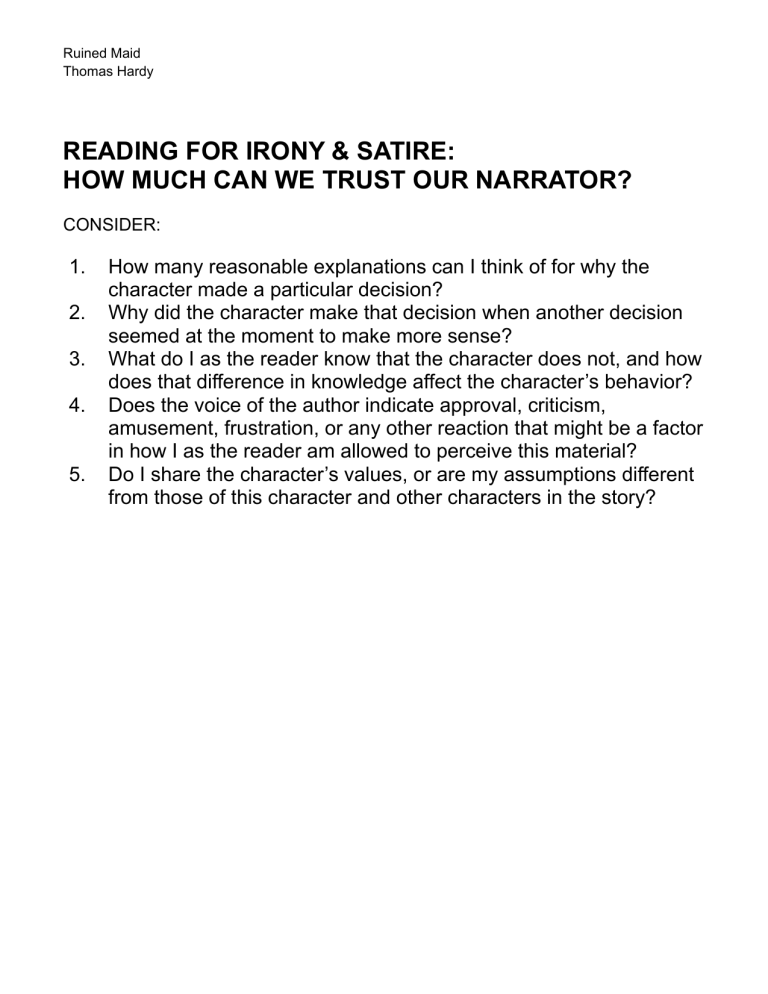
Ruined Maid Thomas Hardy READING FOR IRONY & SATIRE: HOW MUCH CAN WE TRUST OUR NARRATOR? CONSIDER: 1. 2. 3. 4. 5. How many reasonable explanations can I think of for why the character made a particular decision? Why did the character make that decision when another decision seemed at the moment to make more sense? What do I as the reader know that the character does not, and how does that difference in knowledge affect the character’s behavior? Does the voice of the author indicate approval, criticism, amusement, frustration, or any other reaction that might be a factor in how I as the reader am allowed to perceive this material? Do I share the character’s values, or are my assumptions different from those of this character and other characters in the story? QUESTIONS: 1. Who is the speaker in lines 1-3? Describe her. Who is the speaker in line 4? Describe her. 2, In what ways is the refrain ("'ruined?' said she") ironic? What is the conventional (nineteenth-century) meaning of "ruined maid"? 3. What are some of the important differences between the two speakers? Sum up the attitude of each speaker towards the other. How does the poem's rhyme scheme complement the dual voices? 4. What two ways of life does the poem contrast? Which is to be preferred, and why? 5. What, according to Hardy (at least by implication), makes a woman a "lady"? What is the chief difference between Hardy's implicit definition and your dictionary's? If "The Ruined Maid" is a satire, explain what or whom Hardy is satirizing, and with what intention?
